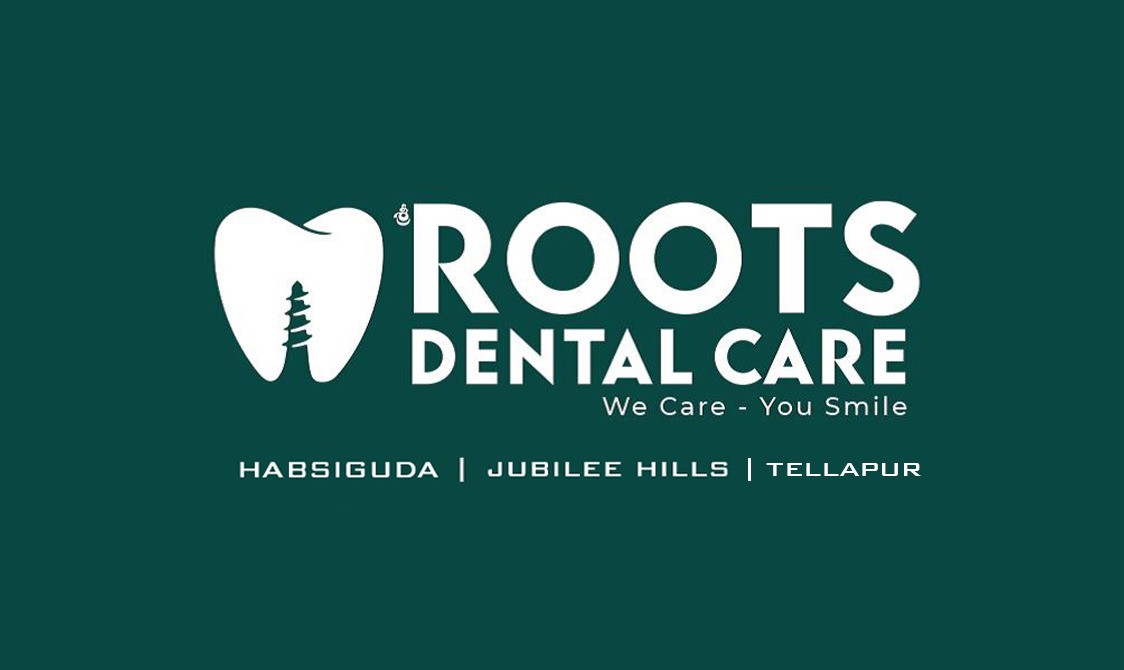When it comes to dental procedures, few evoke as much anxiety and misinformation as root canal therapy. The mere mention of a “root canal” can send shivers down the spine of even the bravest souls. But why is this the case? Is it the fear of pain, the horror stories shared by friends, or the countless myths that have been perpetuated over the years?
At Roots Dental Care, located in Hasbiguda and Jubilee Hills, we believe in educating our patients and providing the highest quality root canal treatment to save teeth and restore smiles. In this blog, we’re going to dive deep into the world of root canal therapy, debunk the myths, and shed light on why this procedure is nothing to fear—and might just save your smile.
What is Root Canal Therapy?
Before we tackle the myths, let’s start with the basics. Root canal therapy, also known as endodontic treatment, is a dental procedure designed to save a tooth that is severely infected or decayed. The process involves removing the damaged or infected pulp (the soft tissue inside the tooth), cleaning and disinfecting the root canals, and then filling and sealing the space to prevent further infection.
Contrary to popular belief, root canal therapy is not a painful procedure—it’s actually a pain-relieving one! The goal is to eliminate the source of your toothache and restore your oral health.
Myth #1: Root Canals Are Excruciatingly Painful
The Myth: Root canals are synonymous with unbearable pain.
The Truth: Modern dentistry has come a long way, and root canal therapy is no more painful than getting a routine filling.
Thanks to advancements in anesthesia and technology, the procedure is virtually painless. In fact, the pain you feel before the procedure (caused by the infection or decay) is far worse than anything you’ll experience during the treatment. Dentists are trained to ensure your comfort, and most patients report feeling relief immediately after the procedure.
Myth #2: Root Canals Cause Illness
The Myth: Root canals can lead to systemic illnesses like heart disease or kidney problems.
The Truth: This myth stems from outdated and debunked research from nearly a century ago.
The idea that root canals can cause illness is based on a poorly conducted study from the 1920s that has since been discredited by modern science. There is no credible evidence linking root canal therapy to systemic diseases. In fact, root canals are a safe and effective way to eliminate infection and preserve your natural tooth.
Myth #3: It’s Better to Pull the Tooth Than Get a Root Canal
The Myth: Extracting the tooth is a simpler and better solution than going through a root canal.
The Truth: Saving your natural tooth is almost always the best option.
Your natural teeth are designed to last a lifetime, and nothing can fully replace them. While dental implants and bridges are excellent alternatives, they can never match the functionality and appearance of your natural teeth. Root canal therapy allows you to keep your tooth, maintain your bite, and avoid the additional costs and procedures associated with tooth extraction and replacement.
Myth #4: Root Canals Require Multiple Visits
The Myth: Root canal therapy is a lengthy process that requires several appointments.
The Truth: Most root canals can be completed in one or two visits.
Thanks to modern techniques and equipment, root canal therapy is more efficient than ever. While some complex cases may require additional visits, the majority of patients can have their treatment completed in a single appointment. Your dentist will evaluate your specific situation and provide a clear timeline for your treatment.
Myth #5: Root Canals Are Only for Severely Damaged Teeth
The Myth: Root canals are a last resort for teeth that are beyond saving.
The Truth: Root canal therapy is often the best option for saving a tooth before it reaches a critical stage.
If you’re experiencing symptoms like severe toothache, sensitivity to hot or cold, swelling, or tenderness in the gums, it’s important to see your dentist as soon as possible. Early intervention can prevent the need for more extensive treatment and increase the chances of saving your tooth.
The Benefits of Root Canal Therapy
Now that we’ve debunked the myths, let’s talk about the many benefits of root canal therapy:
✔ Pain Relief: The primary goal of a root canal is to eliminate the pain caused by infection or decay.
✔ Preservation of Natural Teeth: Keeping your natural teeth helps maintain your bite and prevents neighboring teeth from shifting.
✔ Improved Oral Health: Removing the infection reduces the risk of further complications and promotes overall oral health.
✔ Cost-Effective: Root canal therapy is often more affordable than tooth extraction followed by a dental implant or bridge.
✔ Aesthetic Benefits: Saving your natural tooth ensures that your smile remains intact and beautiful.
What to Expect During a Root Canal Procedure
If you’re scheduled for a root canal, here’s what you can expect:
- Consultation: Your dentist will examine your tooth, take X-rays, and determine if a root canal is necessary.
- Anesthesia: Local anesthesia will be administered to numb the area and ensure your comfort.
- Pulp Removal: The infected or damaged pulp is carefully removed, and the root canals are cleaned and disinfected.
- Filling and Sealing: The canals are filled with a biocompatible material and sealed to prevent reinfection.
- Restoration: In most cases, a crown is placed over the tooth to restore its strength and functionality.
Aftercare Tips for a Smooth Recovery
Recovery after a root canal is typically quick and straightforward. Here are some tips to ensure a smooth healing process:
✔ Avoid Chewing on the Treated Tooth: Until the final restoration (like a crown) is placed, avoid chewing on the treated tooth to prevent damage.
✔ Maintain Good Oral Hygiene: Brush and floss regularly to keep the area clean and free from bacteria.
✔ Attend Follow-Up Appointments: Make sure to visit your dentist for any recommended follow-up care.
✔ Manage Discomfort: Over-the-counter pain relievers can help manage any minor discomfort after the procedure.
Why Choose Root Canal Therapy?
Root canal therapy is a proven, effective, and safe way to save your natural teeth and restore your oral health. By debunking the myths and understanding the facts, you can approach the procedure with confidence and peace of mind.
At Roots Dental Care, located in Hasbiguda and Jubilee Hills, we specialize in pain-free root canal treatment using the latest techniques and technology. If you’re experiencing tooth pain or have been told you need a root canal, don’t let fear stand in the way of your oral health.
Schedule your consultation today and take the first step toward a healthier, happier smile!


